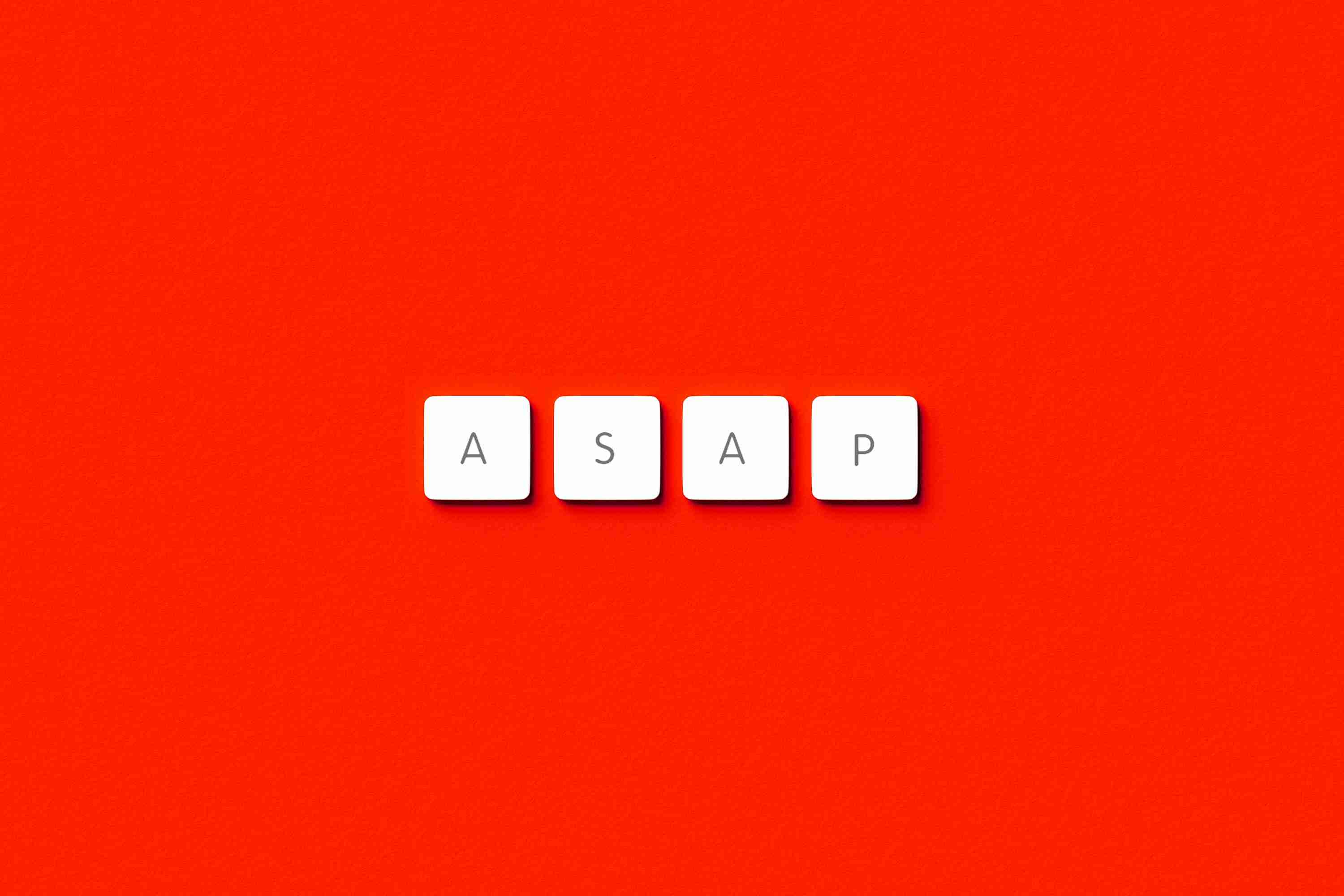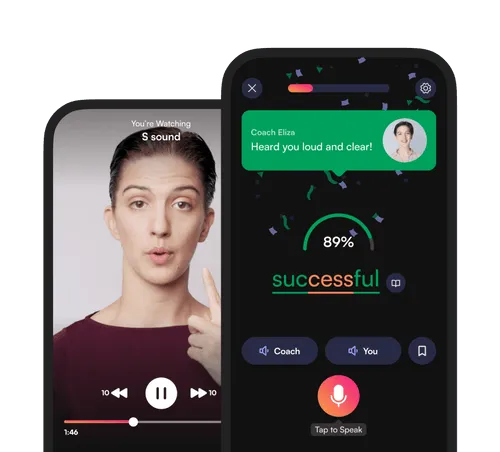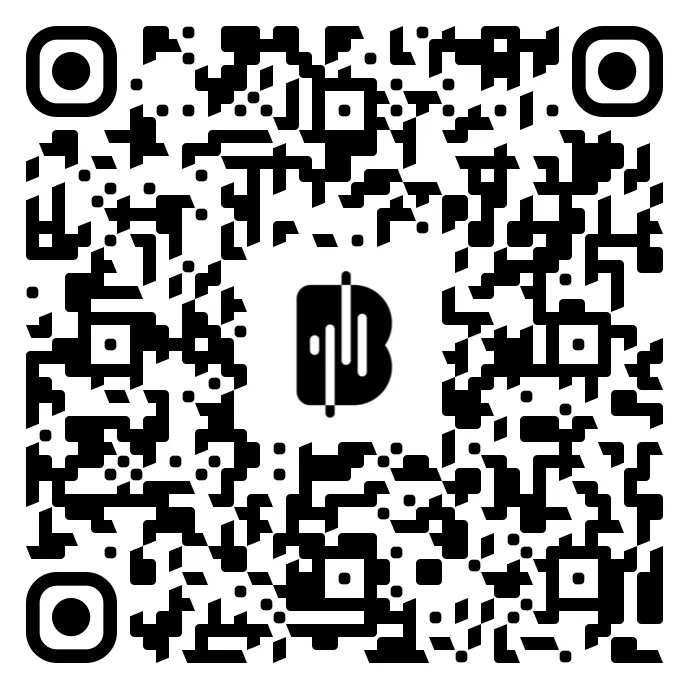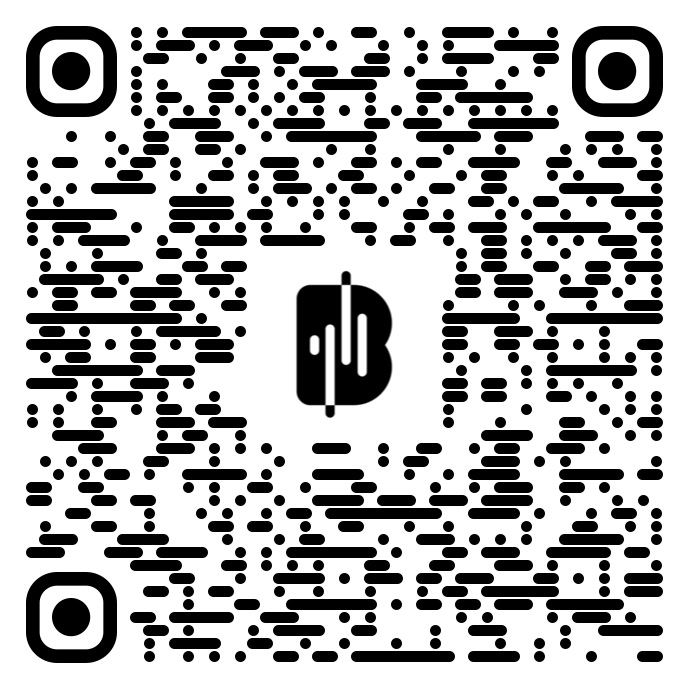Acronyms are a part of American English you cannot possibly ignore. English acronyms can act as standardized professional terminologies or slang , contracting complex phrases in spoken and written communication alike.
Even if you’ve spent years learning English and comfortably understand the language, acronyms can still catch you off guard. Just when you think you’ve mastered the language, someone throws in a quick “ASAP” or “POTUS,” and suddenly, you’re not so sure what’s going on.
So, to really speak "American" and naturally blend into the culture, you must get in on the acronym game. Otherwise, you might feel like you’re always playing catch-up in conversations.
Acronyms vs. Initialisms An acronym is an abbreviation formed by pronouncing the initial letters of a series of words. Their key characteristic is that they are pronounced as single words rather than as a series of letters.
For instance, the acronym "NASA" (which stands for National Aeronautics and Space Administration) is pronounced as a single word, /næsə/, rather than pronouncing the name of each letter individually.
Initialisms, on the other hand, are also formed from the first letters of a series of words. But unlike acronyms, each letter is pronounced individually.
For example, "FYI" is an initialism because we say the name of each individual letter.
In everyday usage, people may refer to both as acronyms, but as a non-native speaker aiming to master correct English, it’s important to know the difference. While there exist a small handful of English abbreviations which double as both an acronym and an initialism, this is rare. Mispronouncing an acronym as an initialism (or vice versa) will sound strange to a native speaker's ear and may hinder your communication.
Let's five into 25 of the most common English abbreviations so you can level-up your English communication.
1. ASAP – As Soon As Possible This acronym is useful when you need something done swiftly but don’t want to be the bad guy imposing a hard deadline. It’s like saying, "I needed this yesterday" and, at the same time, "whenever you can."
This common English abbreviation doubles as an initialism and an acronym. Sometimes you'll hear it pronounced letter-by-letter, and other times you'll hear it as its own word, /eɪˌsæp/. (Struggling with IPA transcriptions? Check out our comprehensive guide to the International Phonetic Alphabet !)
Acceptable in internal work communications, emails, or when you have an established relationship with the recipient, ASAP is widely applicable.
“I need the updated figures ASAP to finalize the report.”
2. R&D - Research and Development This abbreviation is unique because it incorporates an ampersand— the "&" symbol—when written. When spoken aloud, it's said as "R and D."
This generally refers to the research and development department of a business, responsible for innovating new products and solutions.
"Schedule a meeting with R&D to go over our plans for the next quarter."
3. EOD – End of Day EOD is an initialism commonly used in the workplace to indicate the end of a working day. American work culture typically recognizes the end of a work day to be around 5 or 6 p.m.
If someone asks you to finish a project “by EOD,” it means you should complete it before the close of business hours.
Since this is an initialism, it's pronounced by stating each individual letter.
Improve your English pronunciation Get to know your pronunciation level and get 7 days of lessons for free on the BoldVoice app.
Start Free Trial
4. TBD – To Be Determined This initialism is used when specific information, such as a time, date, or detail, has not been decided.
You'll often see TBD in project plans, meeting schedules, or event invites when the specifics are still up in the air. So if you’re still waiting for the details or are undecided, just add TBD.
“The date for the conference is TBD, but keep your calendar open!”
5. CEO - Chief Executive Officer The CEO of a company is the Chief Executive Officer. Pronounced with each individual letter, CEO is a very common abbreviation in workplace English.
There are other iterations of this as well, such as COO (Chief Operating Officer), CFO (Chief Financial Officer), and CMO (Chief Marketing Officer).
"This policy change comes straight from the CEO."
6. PTO – Paid Time Off PTO is an initialism that refers to the time employees can take off from work while still receiving their regular pay. This concept typically includes vacation days, personal days, and sometimes sick leave.
In America, where work schedules can be very tight, PTO is the official stamp of approval for guilt-free time off.
“I’m off next week. Taking some PTO to finally relax!”
7. FYI – For Your Information You’ve probably seen FYI pop up in emails or Slack messages. It’s the digital equivalent of “I thought you’d want to know,” and it's pronounced as an initialism with each letter pronounced.
“FYI, I attached the file to the email.”
In professional settings, it’s a polite way to share information. However, in more informal exchanges, it can sometimes be used sarcastically with a slightly passive-aggressive tone, depending on the context.
"We were supposed to meet half an hour ago, FYI."
8. LOL – Laughing Out Loud If you’ve ever cracked up at a meme or joke, you’ve likely responded with LOL. It’s short, sweet, and lets the other person know you’re genuinely amused.
Similar to "ASAP," this abbreviation can be pronounce using its initial letters or as its own word, /lɑːl/.
Adding “LOL” to a statement informs the recipient that you find it funny. It is an informal internet slang that is barely used outside social media.
"LOL, that's hilarious!"
9. BRB – Be Right Back Pronounced simply as B-R-B, this initialism is widely used in informal communication to let others know that you’ll be stepping away for a short period.
It’s especially popular in online chats, social media, and messaging apps, allowing users to quickly indicate their temporary absence.
"Hold on, someone is knocking at the door. BRB."
10. YOLO – You Only Live Once This is one of the common acronyms in English often used to encourage taking risks or seizing opportunities. The full phrase reflects the idea that life is short and you should make the most of it. Yolo is pronounced as its own word, /joʊloʊ/.
If you’ve always wanted to go on a vacation trip but you’ve been skeptical about the financial commitment, you might just have a change of heart and say:
"I’m thinking about booking that spontaneous trip to Paris—YOLO, right?"
11. IDK – I Don’t Know We all have those moments when we just don’t have the answers to questions. IDK is the perfect initialism you can use to shrug off the uncertainty and admit that you’re equally clueless.
It's important to note that this abbreviation is almost never spoken aloud, and it's far more common in written communication.
For example, if a friend asks where a particular restaurant is and you’re not sure, you might reply:
“IDK, but we can look it up.”
12. AKA – Also Known As AKA is a popular initialism in the U.S. that shows someone or something has another name.
You might have heard, "Dwayne Johnson, AKA The Rock" or "Las Vegas, AKA Sin City." It’s a simple way to mention both names at once and add some fun or extra detail to a conversation.
Be sure to pronounce the initial letters of each word in this common abbreviation!
13. RSVP – Répondez S'il Vous Plaît (Please Respond) This initialism is borrowed from the French and is a formal way of asking if you’ll be attending an event.
In the U.S., we often use RSVP on invitations for everything from weddings to birthday parties, but most Americans don’t pronounce it the French way . Instead, we just say:
“Please R-S-V-P by next Friday so we can confirm the final headcount.”
14. FAQ – Frequently Asked Questions The FAQ section on a website is a handy place to find answers to the most common questions people ask. This word doubles as an acronym (/fæk/) and an initialism (F-A-Q).
It is designed to help you quickly get information about a product, service, or event without needing to contact customer support. Therefore, if you have a question about something, chances are it's already covered in the FAQ section, saving you time and hassle.
All of the abbreviations in this list are commonly used in the United States . However, this next section focuses on acronyms and initialisms that pertain to U.S.A. (hey, another initialism!) specifically.
15. POTUS – President of the United States POTUS (/poʊtəs/) is the acronym used to refer to the President of the United States. It’s commonly used in news reports, social media, and political discussions as a quick and formal way to talk about the sitting president.
While it might sound like a secret code, it’s just a simple, efficient way to refer to the president.
"POTUS has a big announcement scheduled for this evening."
16. SCOTUS- Supreme Court of the United States If you’re a legal practitioner , you’ll use this word more often. SCOTUS is pronounced as a word, /skoʊtəs/, because it's an acronym. It refers to the highest court in the U.S. judicial system.
"Legal analysts are closely watching SCOTUS for their decision on the healthcare reform challenge."
17. DMV – Department of Motor Vehicles No one loves a trip to the DMV, but it’s where you go to handle your driver’s license, vehicle registration, and other car-related paperwork.
If you want to drive legally in the U.S., you’ll need to visit the DMV at some point. Don't forget, it's an initialism pronounced by its initial letters!
“I spent hours waiting at the DMV for my driver’s license renewal!”
18. FBI – Federal Bureau of Investigation The FBI is the top federal law enforcement agency in the United States. It is responsible for investigating major crimes like terrorism, cybercrime, and corruption.
The initialism FBI is so commonly used in the U.S. that almost no one says the full name anymore. You might hear about the FBI in the news or movies.
“The FBI has been called in to take over the case”
19. NFL –National Football League The NFL, or National Football League, is the top professional football league in the U.S. The season runs from September to February, ending with the Super Bowl, one of America’s biggest sporting events.
In the U.S., it is useful to be familiar with the NFL (pronounced N-F-L) and other major leagues like the NBA (National Basketball Association) and the MLB (Major League Baseball).
"I'm not much of a World Cup fan, but I follow the NFL religiously."
20. CIA – Central Intelligence Agency The CIA is the U.S. government’s top-secret intelligence agency, focusing on gathering and analyzing information from around the world. While the FBI handles domestic issues, the CIA is more international.
An initialism with each initial letter pronounced, the CIA likely isn't relevant to your everyday life and standard casual conversation . However, it's handy to know in order to understand references in jokes or films .
"ARGO is my favorite CIA movie of all time."
21. FLOTUS- First Lady of the United States This acronym stands for First Lady of the United States, and it is used to refer to the wife of the sitting U.S. President. The word is pronounced /floʊtəs/ (rhyming with POTUS and SCOTUS), with the stress placed on the first syllable.
"The FLOTUS attended the charity gala to support children’s education initiatives."
22. ER – Emergency Room If you have a medical emergency, the ER is where you need to be. It’s the department in a hospital where patients are treated immediately for urgent issues, and the term is pronounced as an initialism, E-R.
If someone says they need to go to the ER, it means they are dealing with a serious health issue that requires urgent care.
"He had to go to the ER after the accident."
23. OTC – Over the Counter This initialism refers to medicine you can buy without a prescription from a healthcare professional . These are common items like pain relievers, cold medicine, or allergy tablets that you can get from any pharmacy or store.
"You have a headache? I have OTC painkillers. Do you take Aspirin?”
24. CPR – Cardiopulmonary Resuscitation No one wants to say “cardiopulmonary resuscitation” when a life needs saving—so we just say CPR, pronouncing each individual letter.
This process involves pressing hard on the chest and giving breaths to help someone who isn’t breathing or whose heart has stopped. Performing CPR can help keep someone who suddenly collapses and isn’t breathing alive until emergency responders get there.
"Help! Does anybody know CPR?"
25. ICU – Intensive Care Unit Similar to the ER, the ICU (pronounced I-C-U) refers to an area of a hospital. The ICU is for patients who are already admitted into the hospital and who are in need of serious, attentive care.
"He's improving–he's just been released from the ICU."
Practice Common Abbreviations with BoldVoice There are thousands of English acronyms and initialisms, because new abbreviations are constantly being created across different fields. Trying to decipher them all and keep up can feel like a tall task, especially when English isn’t your first language.
BoldVoice is a language and accent training platform designed to support non-native speakers like you in boosting their English skills and speaking more confidently. The app uses AI to analyze your speech problems and curate personalized and tailored lessons from expert accent professionals to improve your communication.
Take advantage of the BoldVoice app to practice your abbreviation pronunciations so you can get them right, every time.
Sign up today to get started on your free trial!









